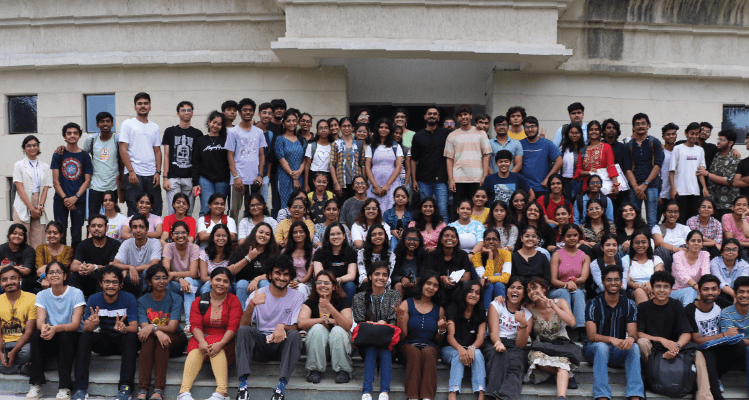Based on current growth trends, India is expected to have the world’s largest tertiary-age population and second-largest graduate talent worldwide. India churns out the largest numbers of engineers in the world every year. There are plentiful engineering colleges offering undergraduate and graduate courses in engineering, applied engineering, nanotechnology, and sciences. The Indian Institutes of Technology (IITs) and National Institutes of Technology (NITs) are autonomous technical and research universities located in India in addition to government and private institutions. Hence, much can be said for India’s engineering genius.
The availability of quality education remains a primary issue for half of the student population. There is a huge gap between what is taught and what is practically required. According to the Annual Employability Survey 2019 report by Aspiring Minds, 80% of Indian engineers are not fit for a job in the knowledge economy and only 2.5% possess tech skills in Artificial Intelligence (AI) that the industry requires. (Source: Annual Employability Survey 2019)
Engineering education in the last 30 years has sustained India’s success across various industries. But the question is still intact, does the problem lie with engineering and technology as a discipline, or is it the way it is taught at present? Students from India’s engineering colleges led India’s IT revolution and have shown they can comply and attune to the teaching module. No one has to be blamed! Neither the educators nor the students. So, the answer clearly is that engineering education in its present form needs to be revamped, reinvented, re-imagined, and re-engineered.
The New Way!
Engineering education in India has to assimilate within itself a robust element of problem-solving. This will not only bring in more modernization in engineering education but also create jobs. There are various steps taken by the Government in tandem with technical institutions. One such step is that the government is trying to implement Outcome Based Education (OBE) system in all technical colleges and Universities of India. OBE is a student-centered instruction framework that focuses on calculating student performance through outcomes. OBE once implemented will consequently take care of the course curriculum, teaching-learning process, and assessment of student knowledge and learning as per the set standard.
India's point at the issue of below-par engineering education is now widely known. Many studies have indicated the low employability of engineering graduates except those from top institutes. To cater to this obstacle and give back engineering its lost charm some steps have to be taken:
Engineering education should aim at quality infrastructure, skill-based curriculum, sufficient resources, project-based learning, job opportunities, on the job training, equal opportunities to education and training Industry-oriented programs for the students should be conducted where industry experts are invited to talk and explain about innovations, discoveries, technology, applications, tools, and the ongoing trends in the respective fields. Avantika University has made a remarkable place among top engineering colleges in madhya pradesh and in India. Students should equally focus on soft skills along with technical proficiency to develop their skills on speaking, writing, and listening In short, a new way of engineering would require re-engineering of the engineering education system. This will be best achieved with an inclination towards digitalization alongside an innovative teaching-learning experience.
